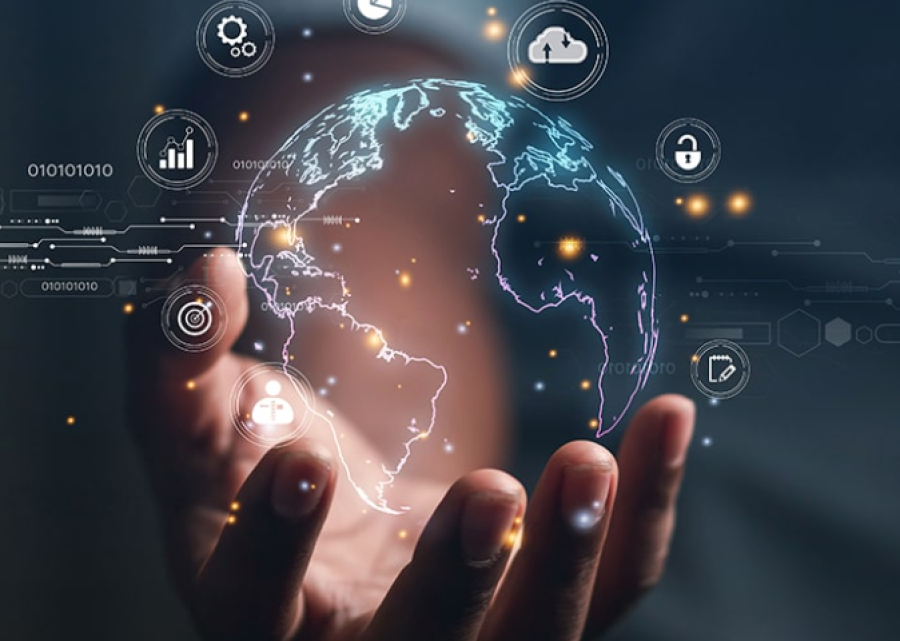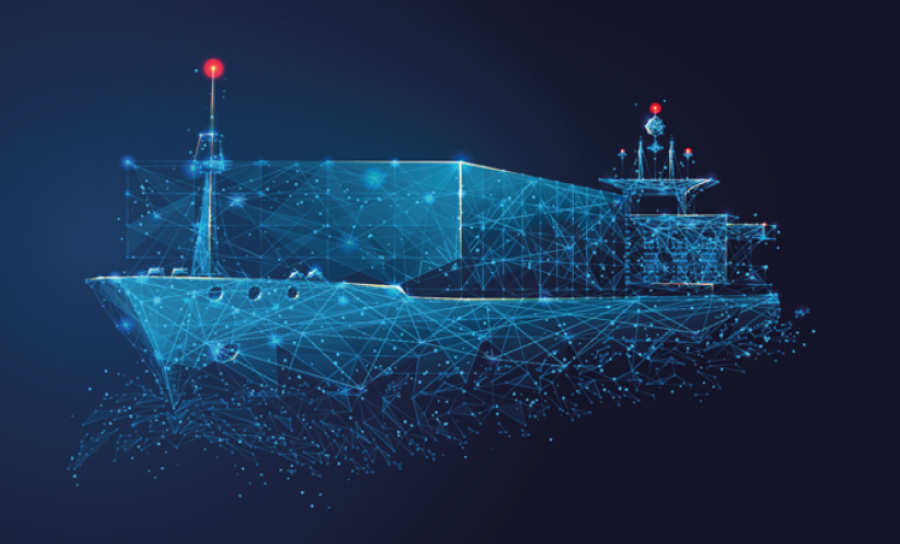The future of work is evolving rapidly, driven by advancements in technology, globalization, and changing workforce demographics. In this dynamic landscape, the ability to adapt and acquire new skills is essential for staying relevant and thriving in the workplace. Here are four ways skill development is shaping the future of work:
Reskilling and Upskilling: As automation and artificial intelligence transform industries and job roles, workers must reskill and upskill to remain employable. Employers are increasingly investing in training programs to help their employees develop new skills and stay ahead of technological advancements.
Remote Work and Digital Literacy: The shift to remote work has accelerated the need for digital literacy skills, as workers rely on technology to collaborate, communicate, and perform their jobs effectively. Digital literacy training programs are essential for equipping workers with the skills they need to succeed in a digital-first world.
Soft Skills and Emotional Intelligence: In addition to technical skills, employers are placing a greater emphasis on soft skills such as communication, collaboration, and emotional intelligence. These skills are crucial for building strong teams, fostering creativity and innovation, and navigating complex interpersonal dynamics in the workplace.
Lifelong Learning Culture: In the future of work, lifelong learning will be the norm rather than the exception. Employers and employees alike must embrace a culture of continuous learning and skill development to adapt to changing job requirements and remain competitive in the job market.
In conclusion, skill development is at the forefront of shaping the future of work. By embracing reskilling and upskilling, prioritizing digital literacy and soft skills, and fostering a culture of lifelong learning, we can prepare for the challenges and opportunities of the future workplace and ensure a more resilient and adaptable workforce.








